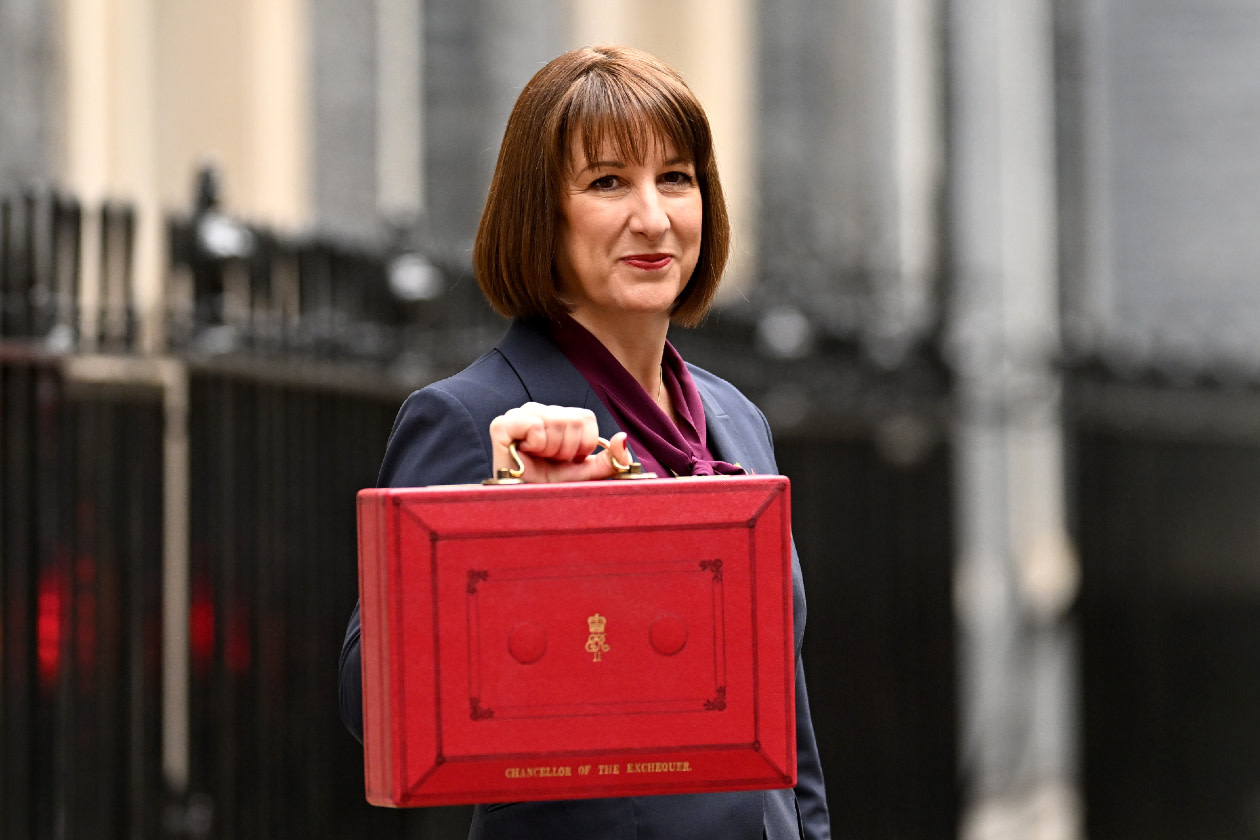
Budget 2024: Everything you need to know
This year's Budget undoubtedly sparked intrigue as the Chancellor set out new measures the Government hopes will reshape the economy, ‘rebuild public finances’ and improve conditions for growth. The headline grabber this time around was the £40bn raised through tax increases, but what does this mean for businesses? Here we break down the main takeaways.
1. National Insurance Increase
While employees' wage packets were somewhat protected in this year’s budget, the same cannot be said for the employers’ finances. It was widely rumoured that employer NI contributions would go up, and this was announced as an increase from 13.8% to 15% (taking effect from April 2025). What wasn’t as widely anticipated was the threshold at which businesses start paying national insurance being lowered from £9,100 to £5,000.
2. Increased Employment Allowance
The Chancellor acknowledged that the Government was ‘asking businesses to contribute more’, and while most businesses will see an increase in their NI contributions, the Government has taken some precaution to protect SMEs within this.
The Employment Allowance will rise from £5,000 to £10,500 meaning 865,000 employers won’t pay any National Insurance at all next year, and over one million will pay the same or less than they did previously. This measure has been introduced following consultation with the Federation for Small Businesses (FSB) and is designed to protect smaller firms.
3. National Living Wage Increase
The Government announced an increase to the national living wage. From April 2025, the National Living Wage for those over 21 will increase to £21.21, and the National Minimum Wage will increase to £10 an hour for 18-20 year-olds, and to £7.55 for apprentices.
4. Business Rate Relief
During the former Government’s time in office, business rates on commercial properties were discounted at 75%, but under the Chancellor's new measures, this is due to change with businesses now benefitting from a discount of 40% instead, up to the maximum discount of £110,000.
5. Investment in Industry
While the UK has long been known for its industrial, manufacturing and automotive industries, through recent years investment in these sectors has taken a slight hit. In a bid to stimulate these sectors, the Government has vowed to invest over £2bn into the automotive sector, £1bn into aerospace, and up to £520m for the new life sciences innovative manufacturing fund.
What does this mean for businesses?
This year’s Budget was entered into with knowledge that the ONS had reported inflation figures falling to 1.7% in August; marking the lowest level in over three years and showing signs of a steadier economic landscape ahead. But with the Prime Minister asking the country to “accept short-term pain for long-term gain”, and delivering a Budget that asks bosses to contribute more, businesses will now need to rethink their finances and plan ahead for their 2025 strategies.
Whilst painful measures may have been necessary to repair the ‘£22bn black hole’ in the UK's public finances, there is a balance that needs to be struck, and stability for businesses should not be jeopardised. As with any Budget, it is difficult to predict the real impact of new measures until we see these implemented, but in the meantime businesses will need to speak to their advisors, financial experts and business peers on how measures such as tax and minimum wage increases will impact their bottom line and how they can navigate this.